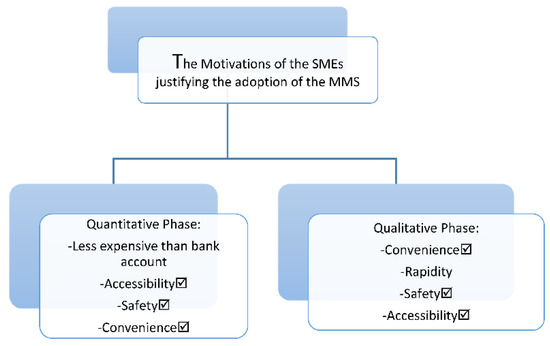

Specifically, interventions designed primarily to address the underlying negative intrapsychic tendencies associated with loneliness are more effective than interventions primarily focused on increasing opportunities for social contact, interventions focused on increasing social support, and interventions to improve social skills ( Masi et al., 2011 Cacioppo et al., 2015). Moreover, intervention research indicates that regulating negative thoughts and goal orientations is important for overcoming chronic loneliness. Individuals who think negatively about their interpersonal competencies and who are reluctant to pursue approach-oriented interpersonal goals, such as interpersonal growth, struggle to maintain satisfying relationships (e.g., Gable, 2006 Vanhalst et al., 2015). Ultimately, these negative intrapsychic tendencies make successful social connections unlikely. However, research indicates that loneliness is associated with low confidence about one’s ability to succeed in the interpersonal domain ( Solano and Koester, 1989 Cacioppo et al., 2006) and a maladaptive interpersonal motivation/goal orientation of being less inclined to pursue approach-oriented social goals ( Park and Baumeister, 2015). Thus, people suffering from chronic loneliness would want to establish positive social connections ( Gardner et al., 2005). Loneliness comes from feeling that the quantity and/or quality of one’s interpersonal relationships are unfulfilling or less than desired, which then leads to the persistent feeling that an individual is alone ( Cacioppo et al., 2015). Specifically, chronic loneliness is linked to deficits in psychological ( Cacioppo et al., 2006) and physical health (for a review, see Cacioppo and Cacioppo, 2014). A wealth of research has demonstrated that chronic loneliness is a serious health risk.

Moreover, a large-scale study of loneliness using data from older adults from 20 in the United States found that upward of 40% of adults over 60 feel lonely at least some of the time ( Gerst-Emerson and Jayawardhana, 2015). For example, a report published by the Jo Cox Commision on Loneliness (2017) found that more than 9 million British adults report chronic feelings of loneliness. In an age in which technology has made connecting with others easier than ever before, people are surprisingly feeling increasingly lonely.

This weakening appeared to be due to nostalgia’s positive effect on social confidence and approach-oriented social goals/intentions, respectively, particularly at high levels of loneliness. The associations between loneliness and reduced social confidence, and loneliness and less approach-oriented social goals/intentions, respectively, were found to be weaker as a function of nostalgia. The results provided support that nostalgia mitigates reduced social confidence and low approach-oriented social goals/intentions associated with loneliness. Studies 2, 3, and 4 examined nostalgia’s potential to mitigate the inverse relation between loneliness and approach-oriented social goals and intentions. Study 1 examined whether nostalgia mitigates the inverse relation between loneliness and social confidence. We tested this hypothesis across 4 studies. We argue that nostalgia, a positive emotional experience that involves reflecting on cherished memories, is a psychological resource that regulates these maladaptive intrapsychic tendencies associated with loneliness. Loneliness is difficult to overcome, in part because it is associated with negative social cognitions and social motivations. 2Department of Psychology, North Dakota State University, Fargo, ND, United States.1Department of Psychology, Rutgers, The State University of New Jersey, Camden, NJ, United States.Abeyta 1*, Clay Routledge 2 and Samuel Kaslon 1


 0 kommentar(er)
0 kommentar(er)
